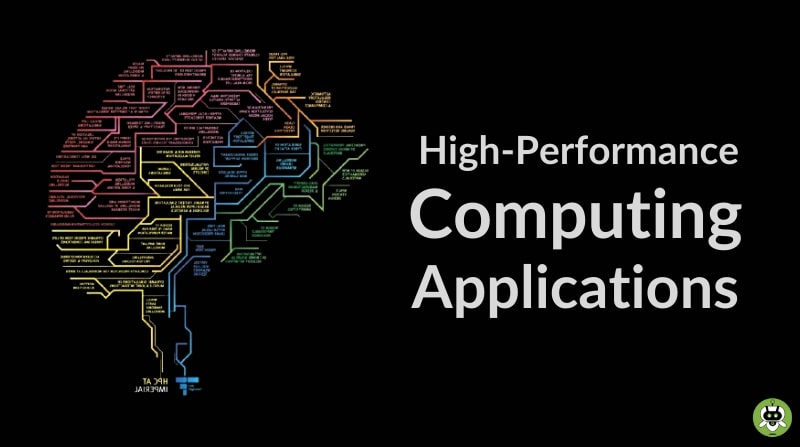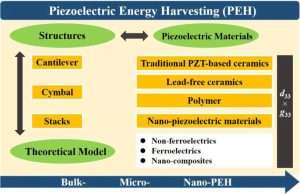High Performance Computing: Applications, Benefits, & Challenges

High-Performance Computing (HPC) is a term thrown around a lot concerning computer science, but what exactly does it mean?
The dominant factor in HPC is the ever-growing need to process huge amounts of data at high speeds.
This article will go over some HPC basics, the benefits of HPC, and possible applications.
How Does High-Performance Computing Work?
Many different applications in research and industry require huge amounts of data to be processed at high speeds to provide useful results.
For example, the Human Genome Project required large-scale data processing to map out our DNA, but processing this much data is too much for a single computer.
One of the ways that computer scientists have found to solve this problem is by using a cluster.
A cluster can be thought of as a group of computers working together to accomplish a single goal.
In an HPC environment, these clusters are normally connected to form a Grid Network.
Many different industries have harnessed this technology, and it allows large groups of computers or servers to work on one task at once.
In addition, this type of network is very scalable and flexible, meaning that there are limitless possibilities for what can be accomplished with an HPC.
High-Performance Computing Applications
Because of the large amount of data and processing speed that is involved in HPC, certain industries have embraced this technology to work on specific problems, such as:
- Climate Modeling
- Weapon System Simulation
- Astrophysics
- Seismic Research
- Bioinformatics
- Weather & Ocean Prediction
- Special Effects Rendering
- Stock Tracking and Trading Automation
- Finding Cures For Diseases
As you can see, because of the large amounts of data involved in these projects, HPC is an ideal solution.
What Are The Benefits Of High-Performance Computing?
In many different research fields, some problems require large amounts of data, which can take a very long time to solve.
HPC makes it possible for scientists and researchers to work on these problems more quickly and collect the results more effectively.
For example, we’ve discussed how HPC is used in the field of medicine for disease cures.
With an HPC, doctors can usually work through thousands of possibilities within a short amount of time which would be impossible without this technology.
What Are Some Challenges Of High-Performance Computing?
There is no such thing as a perfect solution, and every advancement comes with its own set of tradeoffs or drawbacks.
Although HPC offers huge benefits by allowing scientists to work at speeds that would be impossible without using this technology, there are some drawbacks when using an HPC environment.
For example, it is difficult for one person at a single computer terminal to track and monitor everything that is going on in an HPC environment.
Because of this, people need to be trained on how the different elements of the HPC work and how they can be used effectively.
There are also significant costs involved with HPC, including:
- Initial costs for equipment
- Continual upgrading costs
- Operational and management costs
Conclusion
High-Performance Computing offers many benefits to industries that need to process huge amounts of data.
Still, scientists and researchers require more time, training, and capital to understand and utilize these tools and technology.
HPC allows scientists and researchers to work on problems much faster than they would without this technology, ultimately leading to positive results that would take much longer using a single computer.




